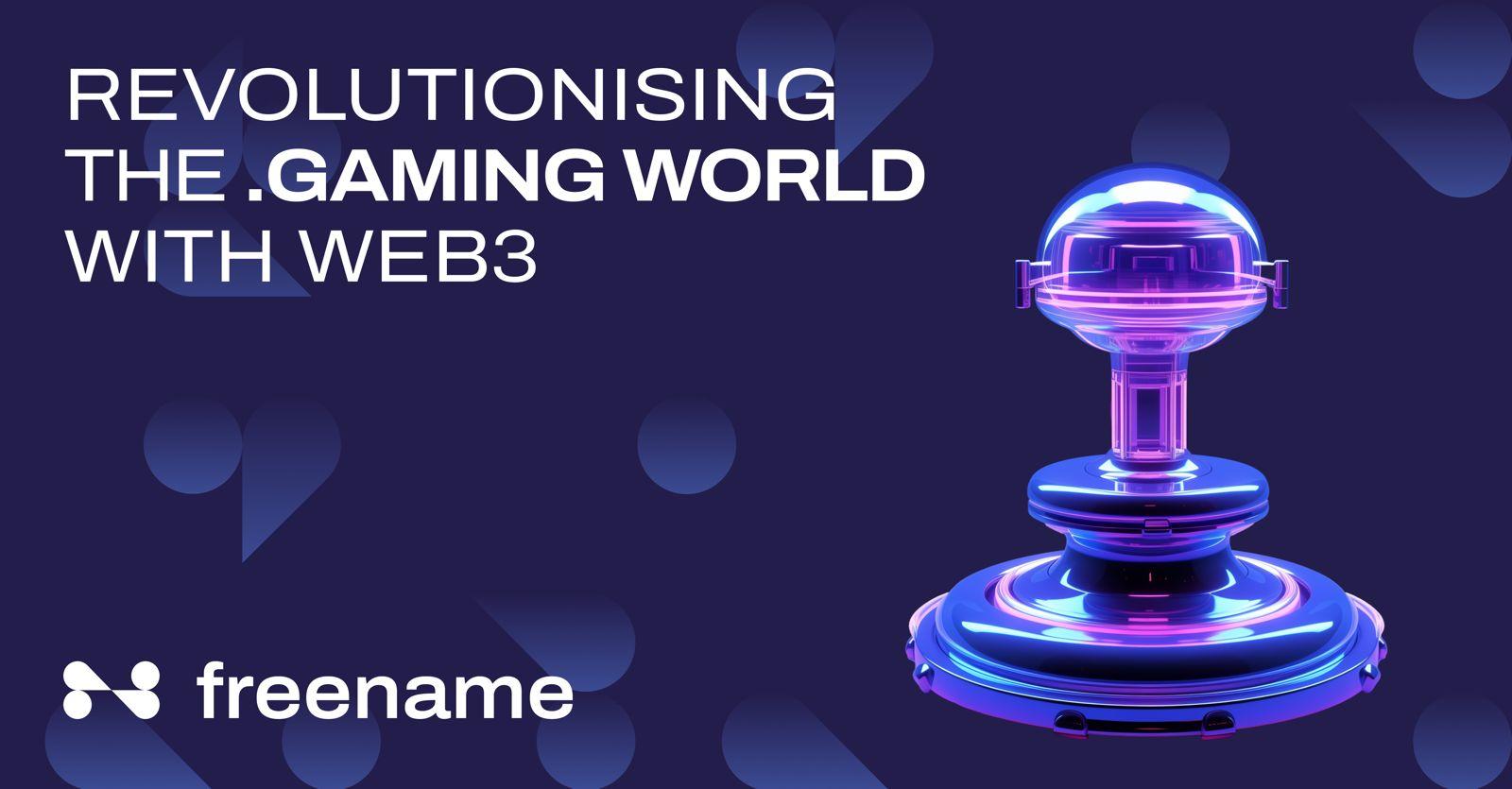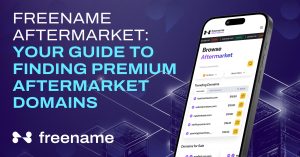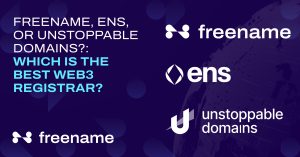How Web3 Gaming Is Growing And Shaping The Future
The gaming industry has witnessed great evolution, from pixelated video games of the early ’80s to today’s immersive virtual reality experiences. However, the latest innovation reshaping the industry is Web3 Gaming, a concept that integrates the decentralized nature of blockchain technology into the gaming world. This evolution is not just about enhanced graphics or more engaging storylines; it’s about changing how games are developed, played, and owned. Blockchain technology and Non-Fungible Tokens (NFTs) are at the heart of this revolution, offering unprecedented opportunities for developers and players alike.
This article aims to demystify Web3 Gaming, offering a comprehensive understanding of its foundational principles, the transformative potential it holds for the gaming industry, and the challenges and opportunities it presents for a future where gaming is not just a form of entertainment but a participatory and ownership-driven experience.
The Foundation of Web3 Gaming
Web3 Gaming introduces a transformative approach, where the underlying technology—blockchain, NFTs, and cryptocurrencies—promises to redefine what it means to play, own, and create within the virtual realms. The foundation of Web3 Gaming is built on these key technological advancements, each contributing to a more inclusive, secure, and rewarding gaming world.
Blockchain Technology in Gaming
Blockchain technology represents a new dawn for gaming ecosystems. At its core, blockchain operates as a decentralized ledger, meticulously recording transactions across a vast network of computers. This structure is crucial for gaming, ensuring maximum security, transparency, and integrity. For game developers, the appeal of blockchain lies in its capacity to decentralize the control of gaming worlds. Unlike traditional models, where a single entity dominates the game’s environment, blockchain facilitates a democratic space. Here, players are not mere participants but have stakes in the game’s universe. This level of engagement and ownership is unprecedented, opening multiple ways for immersive gameplay and community-driven development.
The use of blockchain in gaming also addresses critical issues such as fraud and cheating, which have plagued online games. By securing game assets on a blockchain, it becomes nearly impossible to manipulate game outcomes unfairly, ensuring a level playing field for all participants.
NFTs and Digital Ownership in Web3 Gaming
Non-Fungible Tokens (NFTs) are one of the most important elements of Web3 Gaming. These digital tokens are unique, blockchain-based assets that signify ownership or prove the uniqueness of an item within a game. For the first time, in-game assets—be they characters, weapons, or parcels of virtual land—can really be owned by players. This ownership extends beyond the digital world, allowing these assets to be traded on various platforms, often for quite a lot of money. The impact of NFTs on gaming creates a new economy where digital ownership mirrors the tangibility and value of physical possessions. This concept enhances the gaming experience but also enables players to monetize their time and skills in ways that were almost unimaginable previously. Moreover, NFTs bring about creative freedom and innovation, as developers can create unique, one-of-a-kind items that carry real-world value, enhancing the overall richness of the gaming experience.
Cryptocurrencies in the Gaming Ecosystem
Cryptocurrencies are the backbone of transactions within the Web3 gaming space. These digital currencies enable secure, transparent, and swift transactions across the gaming ecosystem. The integration of cryptocurrencies goes beyond mere transactional efficiency; it paves the way for different monetization strategies. Developers can introduce innovative game mechanics and revenue models, such as play-to-earn, where players are rewarded with cryptocurrency for game achievements and participation.
This system not only incentivizes gameplay but also opens up gaming to a broader audience, including those in underserved economies, by providing an opportunity to earn while playing.
For example, CronosCRO is enhancing its appeal to game developers by incorporating the integration of two leading gaming engines, Unity and Unreal, into its rapid blockchain platform. This allows developers to create their games using familiar languages and tools, including C++ and Blueprint, and easily integrate Cronos with just a few lines of code. Additionally, the platform gains from its connections with Crypto.com, which provides access to payment services and an NFT marketplace, along with a wide-reaching user base through OAuth login functionality.
Benefits of Web3 Gaming
blockchain technology, introducing a transformative approach to how games are played, owned, and valued. With its foundation rooted in the principles of blockchain, this new wave of gaming is set to revolutionize the industry by offering players unprecedented control and opportunities.
Decentralization in Gaming
The migration from centralized to decentralized gaming platforms signifies one of the most profound shifts in the gaming industry’s history. This move away from traditional game servers to blockchain-based platforms offers a democratized gaming experience where the power dynamics are realigned in favor of the community. In certain scenarios (e.g. in the case of BigTime), games can be fully governed by decentralized autonomous organizations (DAOs), eliminating the need for a central governing body. Players are no longer passive participants but active stakeholders with a say in the game’s development and governance.
Decentralization eliminates the single point of control, reducing the risk of downtime and centralized hacking attacks. It empowers players by granting them a voice and a vote in critical decision-making processes. For developers, it opens up new avenues for creativity and innovation, free from the constraints of traditional publishing models. This collective approach to game development fosters a deeper sense of investment and ownership among the gaming community, leading to more vibrant and sustainable gaming ecosystems.
True Ownership and Asset Control
One of the hallmark features of Web3 Gaming is the profound level of ownership and control it affords players over their in-game assets. Through the use of NFTs, items that were once ephemeral digital objects locked within a game’s ecosystem can now be owned, bought, sold, and traded on open markets.
This paradigm shift extends the utility of virtual items beyond the confines of individual games, allowing for a truly interoperable digital economy. Gamers can now monetize their time and skills by trading assets or leveraging their collections across different platforms. This level of control and ownership not only enhances the gaming experience but also adds a layer of financial incentive, transforming gaming into a potential source of income.
Play-to-Earn Model
The play-to-earn model is perhaps the most transformative benefit brought about by Web3 Gaming and it’s strictly connected to the idea of full ownership. It allows players to earn real-world value—be it in the form of cryptocurrencies or NFTs—for their in-game achievements and contributions.
This model has the potential to drastically enhance player engagement, offering tangible rewards for gameplay and participation in the game’s ecosystem. It represents a departure from the pay-to-play or free-to-play models by helping to develop a more inclusive gaming economy where value is distributed among those who contribute to the game’s success. For developers, it means access to a more engaged player base and new monetization strategies that align the interests of creators and players.
As an example Azarus, now part of Web3 gaming giant Animoca Brands, is a blockchain-based streaming platform. Its primary goal is to enable players to gain rewards from their streaming content. Moreover, it has collaborated with Twitch to introduce an extra layer of interaction for online game spectators. Viewers can engage in interactive games offered by brands such as Logitech and Red Bull, earning rewards in the process. This acquisition aligns seamlessly with Animoca’s mission to cultivate a decentralized gaming ecosystem.
Join The Web3 Gaming Revolution
The advent of Web3 Gaming ties up with the advent of Web3 domains and represents a significant leap forward, leveling the playing field with their decentralized, secure framework that empowers individuals to unify their digital identities across multiple platforms under one cohesive name. This innovation is not just a technical advancement; it’s an open invitation for everyone to become an integral part of the Web3 revolution.
By securing a Web3 domain related to gaming, you seize the power to own and consolidate your online presence seamlessly. Whether you’re a gamer, streamer, or digital enthusiast, imagine the simplicity and efficiency of aligning your social profiles, Twitch username, website, and email all under a singular, recognizable domain like Jake.Gaming. This unified digital identity not only streamlines how you’re followed and contacted but also simplifies transactions, enabling payments with just the knowledge of your domain name.
Moreover, the robust security of blockchain technology guards your digital identity against brute force attacks and ensures your presence is censorship-resistant. And perhaps most appealingly, the acquisition of a Web3 domain is a one-time transaction—free from the hassle of renewal fees. Once you’ve claimed your domain, such as on.gaming, it’s yours indefinitely.
This is more than a technological upgrade; it’s a movement towards a more interconnected, secure, and personal digital world. By acquiring a Web3 domain, you’re not just enhancing your online experience; you’re taking a decisive step into a future where digital identities are not just protected but celebrated.
The Future of Web3 Gaming
Web3 Gaming is already on the brink of a transformative phase and through the integration of cutting-edge technologies and community-driven models it’s setup for success. At the heart of this evolution are Artificial Intelligence (AI) and Virtual Reality (VR), technologies anticipated to significantly augment gaming realism, interaction, and immersion. Coupled with blockchain’s inherent capabilities, these advancements allow to craft experiences that are not only more engaging but also deeply personalized, offering a glimpse into a future where games is more than just entertainment.
Beyond technology, Web3 Gaming aming champions a revolutionary approach to community engagement and ownership. The very fabric of these games is woven with mechanisms that empower players, granting them a tangible stake in the game’s ecosystem. This democratization can have profound social and economic repercussions. Just think about models like play-to-earn that allow people, company and the society as a whole to consider Web3 Gaming not just a pastime but a potential source of income and a catalyst for digital economy innovation.
If the future looks bright, there is no shortage of hurdles and potential issues. The industry faces significant regulatory and legal challenges, from establishing clear frameworks for digital asset ownership to navigating the complexity of international laws. These considerations are becoming increasingly important, not just for the protection of player rights but for developing a sustainable and thriving gaming ecosystem that operates within a regulated and secure environment and can operate as such for a very long time.
Learn more about Web3 Gaming in our video:







